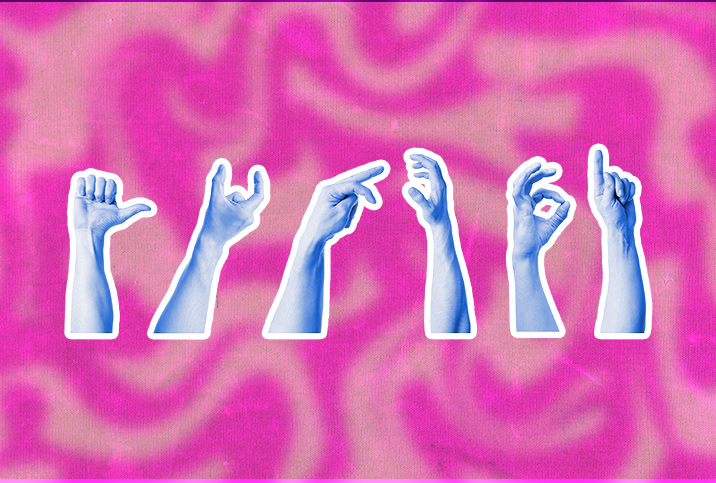When Foreplay Doesn't Work Anymore

If you and your partner have been having sex for years, it might feel as if you can predict exactly what's going to happen when one of you initiates it. Perhaps it's happened so much that when your partner rolls over in bed and kisses your neck, you know to expect a short period of caressing and then sex.
And maybe this worked for you in the past. Every time your partner kissed that spot on your neck, it was a huge turn-on.
Over time, however, what previously worked can stop bringing you the same desire and intimacy it used to spark. If you've found yourself in this situation, there's no need to panic. You can take strategic steps if foreplay doesn't work anymore.
Why it's not working
Most people think of foreplay as the time spent immediately before sex, getting yourself and your partner ready for intercourse. Foreplay usually involves some kind of physical stimulation—kissing, sucking, licking or teasing, for example—that is meant to arouse your partner, said Irene Fehr, a sex and intimacy coach based in the Netherlands.
"In this dynamic, the sex—typically, intercourse—is seen as the big game," Fehr explained. "Foreplay then is the obligatory warm-up before the big game. Unfortunately, this definition of foreplay is a setup for failure. If you only restrict foreplay to the preceding 'X' minutes before sex, it causes several issues."
The first issue is that seeing foreplay as obligatory puts an immense amount of pressure on each of you to quickly get turned on and also to do a "good" job of arousing your partner. The second issue with this perspective is that if foreplay fails, you don't get to your destination, Fehr noted.
"In this dynamic, it's easy to try really hard, focus on the goal, take the most 'efficient' route and do the predictable thing because you're valuing the destination, not the journey," she added.
The focus shifts to performance and getting to intercourse, leaving no time or focus on connecting with your partner and being curious about each other's bodies. From there, foreplay becomes predictable, rushed and, eventually, a dud.
"The sameness of routine short-circuits your arousal and interest in foreplay, resulting in the decision to 'just get it over with' because the experience is simply not pleasurable," Fehr said. "Foreplay stops working when it stops being about play. It turns not only into a predictable sequence of activities leading up to sex but also an obligatory one."
Making foreplay work again
Instead of thinking of foreplay as something that happens before sex—or intercourse—you need to think of the entire experience, including foreplay, as sex. Fehr recommended focusing on the "play" in foreplay to help you and your partner get more curious and enjoy the entire process without feeling like there's a rush to reach a goal or destination.
While you should stop separating foreplay from sex, one element of foreplay you can hold on to is the idea of building arousal, desire and connection between you and your partner. However, instead of doing this in the minutes before intercourse typically reserved for foreplay, think about building connection, intimacy and arousal with your partner throughout the entire day, or even days, leading up to having sex.
"Start with taking time to have a one-to-one connection, where you're not focusing on the logistics of your lives but get to talk heart to heart," Fehr advised.
Think of foreplay as kindness, vulnerability, affectionate connection, sensual touch and interest in each other, said Joli Hamilton, Ph.D., a certified sex educator in Massachusetts.
"All of these things can go on for minutes, hours or days to warm you up for sexual connection," Hamilton said.
Fehr recommended some specific actions for foreplay.
"[Try] little touches here and there, sexy text, a long kiss goodbye or hello. It can include moments of eye gazing or winking, doing fun things like a strip tease when you come home from work or a tease in the morning when getting dressed to get the juices flowing all day," Fehr said. "It could be taking a bath or hot shower together, or teasing each other in line in the supermarket by running your fingers over your partner's back under their shirt."
If foreplay isn't working for you and your partner, Hamilton recommended learning what turns you on and communicating it to your partner.
"Learn how to talk about sex with open curiosity," Hamilton explained. "If you can't talk easily about sex, get help. Find a sex educator, counselor, coach or therapist who can help you navigate conversations about pleasure. Remember that you get to define sex for yourself, so worry less about the specifics of foreplay and recenter pleasure in your relationship."


















